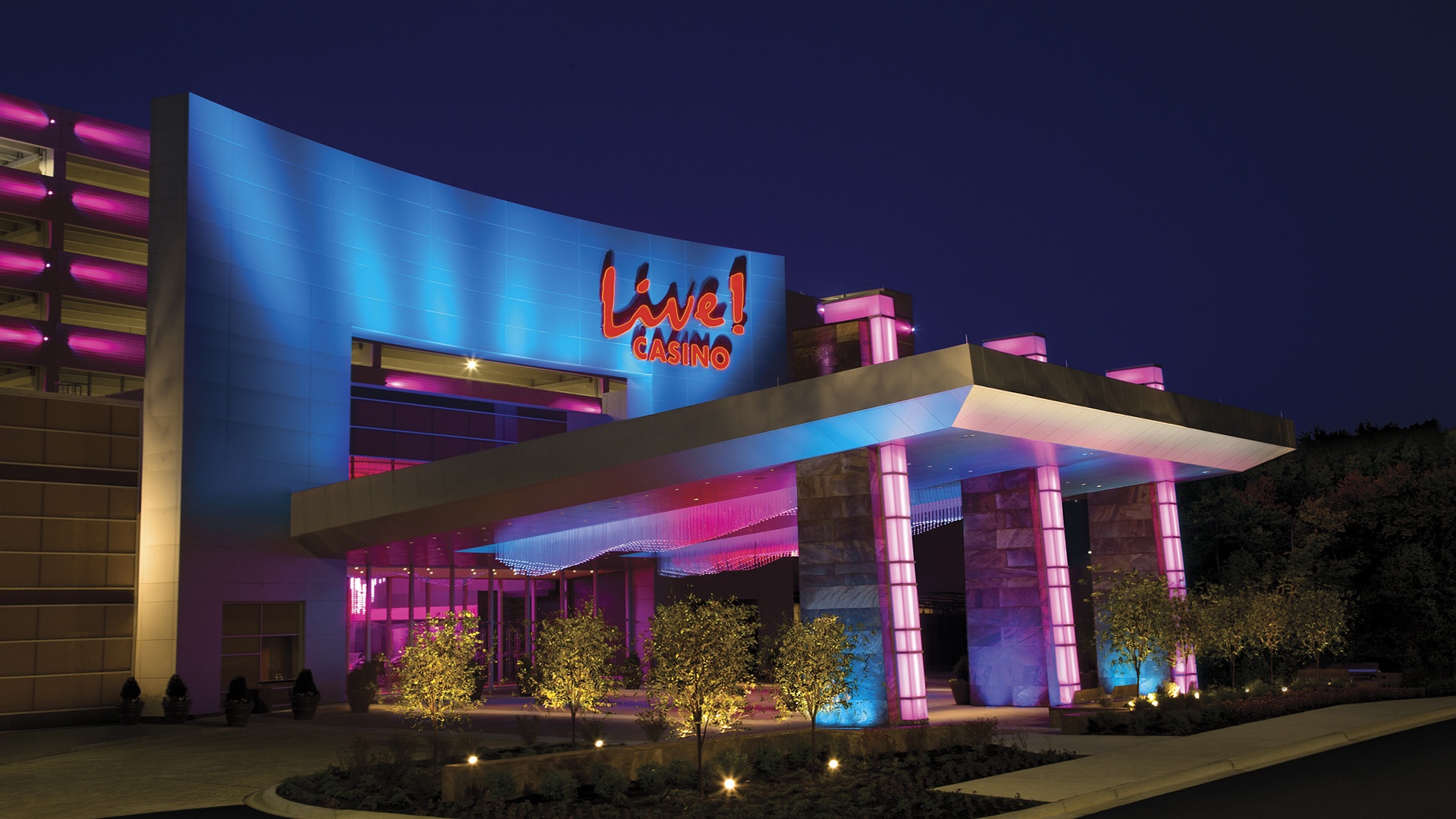Maryland’s Growing Gaming Landscape

The Maryland Lottery and Gaming Control Agency has released remarkable revenue figures for fiscal year 2023, highlighting a year-over-year growth trend that’s nothing short of impressive. With a total contribution of $1.589 billion to the state, the agency has not only overseen casinos and sports wagering entities but has also played a substantial role in boosting the state’s financial resources.
A Boost in Revenue
In terms of gaming and sports betting, the numbers tell a compelling story. The recently published report indicates a 4% surge in revenue for the fiscal year 2023. This growth translated to total sales of $2.764 billion, marking a nearly 4% increase from the previous fiscal year. This upward trajectory speaks to the enduring popularity of gaming and the increasing appetite for sports wagering.
Diverse Revenue Streams
Breaking down the revenue figures sheds light on the various contributors to this financial success. Maryland’s casinos played a pivotal role, chipping in an impressive $848.1 million to the total revenue. This figure alone reflects a nearly 2% increase compared to the previous year. Moreover, the state’s lottery profits saw a significant boost, contributing $714.3 million, an impressive 6% increase. The realm of sports wagering also added its weight, with a revenue of $25.3 million, accompanied by an extra $1.2 million from daily fantasy sports.
A Vital Revenue Source
In the grand scheme of Maryland’s fiscal landscape, the Maryland Lottery and Gaming industry stands proudly as the fourth-largest contributor to the state’s revenue. It stands shoulder to shoulder with income, sales, and corporate taxes, underscoring its significance in the overall economic picture.
John Martin, the Director of Maryland Lottery and Gaming, aptly stated, “Lottery profits contribute to the Maryland General Fund, which provides budgets for a wide range of vital state programs, including schools, public health and safety services, and environmental initiatives.” This succinctly captures the agency’s role in supporting essential state programs.
Casinos’ Role and Legislative Focus
The state’s six casinos played a pivotal part in this revenue surge. Revenue increases from slot machines and table games culminated in an impressive $2.060 billion contribution. It’s worth noting that each casino contributes through annual assessments, amounting to $425 per slot machine and $500 per table game, which go towards the problem gambling fund.
As discussions surrounding online gaming gain momentum, the potential for addressing problem gambling is a central point of focus for legislators. This issue takes center stage as the legislative machinery gears up for debates on online gaming.
Looking Ahead: iGaming and Its Impact
The advent of mobile wagering in November 2022 breathed new life into Maryland’s sports wagering landscape. As this market segment continues to expand, it once again draws attention to the possibilities of iGaming, virtual slot machines, and various casino games.
The forthcoming 2024 legislative session is expected to rekindle discussions about iGaming legislation. By mid-November, the Lottery and Gaming Control Agency will present a comprehensive report on iGaming in other states to state lawmakers. This report is anticipated to delve into the potential benefits of a legal iGaming market in Maryland and its potential influence on problem gambling.
A Divisive Debate
However, not everyone is enthusiastic about the prospect of iGaming. State Senator Katherine Klausmeier voices her reservations, saying, “I would vote against that in a ‘New York Minute.’ It’s just too easy to lose money.” Her concerns highlight the need for a balanced approach that considers the potential consequences of expanded online gaming.
The opposition isn’t limited to political circles alone. The National Council on Alcoholism and Drug Dependence of Maryland and the Maryland Center of Excellence on Problem Gambling also express their reservations about iGaming. They emphasize the concerning evidence linking internet casino games like poker, blackjack, and roulette to an increase in problem gambling cases.
A New Dawn for Maryland Gaming
Despite the reservations, advocates for iGaming present compelling arguments. They suggest that legalizing iGaming could pave the way for a new stream of education funding. Moreover, proponents believe that enabling players from different states to engage in betting games could inject fresh revenue into the gaming ecosystem.
The recent increase in mobile sportsbooks attests to the vibrancy of Maryland’s gaming scene. With 12 mobile sportsbooks and 10 retail sportsbooks, the state’s gaming landscape is flourishing. This industry expansion is mirrored in the financial contributions to the state. In July alone, sportsbooks contributed a notable $3,312,623 in state revenue. Mobile wagering played a leading role, accounting for $3,081,264, while retail sportsbooks chipped in $231,369.
Future Challenges and Opportunities
The ongoing debate over iGaming also serves as a reminder of broader financial challenges. The bills on the table are likely to include language addressing education funding, which faces an estimated $2 billion deficit by 2027. The potential revenue from iGaming could offer a lifeline to education funding, but the discussion is far from straightforward.
If iGaming legislation becomes law in 2024, Maryland’s six casinos would be positioned to operate online games, ushering in a new era for the state’s gaming industry.
Conclusion
The Maryland Lottery and Gaming Control Agency’s revenue growth in fiscal year 2023 signifies the evolving landscape of gaming and wagering in the state. The increase in contributions to Maryland’s revenue underscores the agency’s pivotal role in supporting vital state programs. However, the prospect of iGaming raises important questions and concerns, with advocates emphasizing its potential benefits and opponents highlighting the risks associated with gambling addiction. As the debate unfolds, the future of Maryland’s gaming industry hangs in the balance, promising new opportunities and challenges alike.
Frequently Asked Questions
What contributed to the revenue growth reported by the Maryland Lottery and Gaming Control Agency in FY2023?
The revenue growth was a result of increased contributions from casinos, lottery profits, sports wagering, and daily fantasy sports.
What is the role of lottery profits in Maryland’s revenue structure?
Lottery profits play a vital role in supporting a wide range of state programs, including education, public health, safety services, and environmental initiatives.
Why are some legislators and organizations opposed to iGaming in Maryland?
Concerns range from the ease of losing money to increased access to online casino games potentially leading to higher rates of problem gambling.
How does mobile wagering contribute to Maryland’s gaming revenue?
Mobile wagering has emerged as a significant contributor, generating substantial state profits through increased engagement and convenience.
What challenges does Maryland’s education funding face, and how could iGaming potentially address them?
Maryland’s education funding is projected to have a significant deficit by 2027. Advocates believe that iGaming revenue could provide a much-needed boost to education funding.
Recommended Posts

Malta’s iGaming Marvels
May 31, 2024

Malta Company Setup: Financial & Tax Insights
May 31, 2024

Journey Through Europe’s iGaming Hub
May 31, 2024




